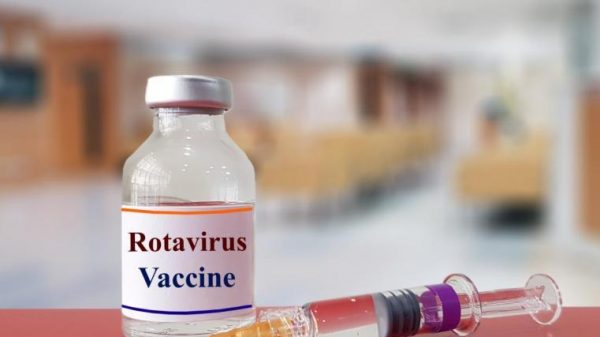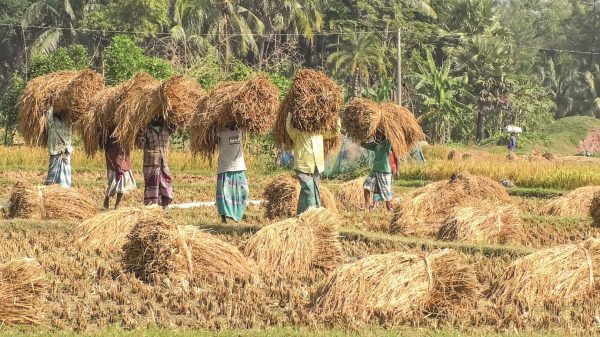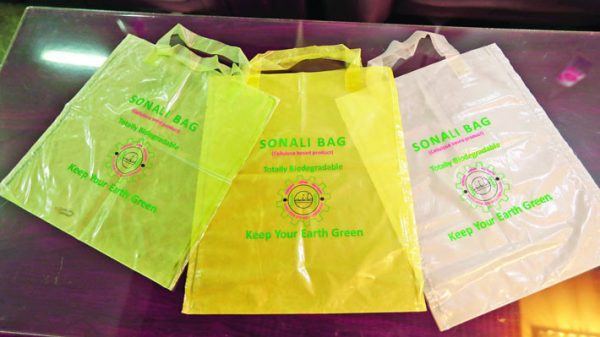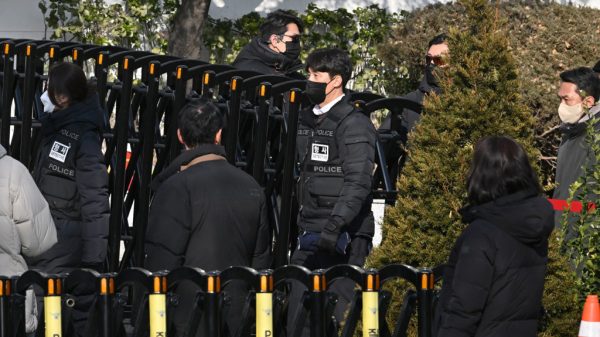EPI yet to include rotavirus vaccine

Shawdesh desk:
Bangladesh is yet to include the rotavirus vaccine in the country’s Expanded Programme on Immunization (EPI), though a large number of children are remaining beyond the vaccine coverage.
Rotavirus is a pathogen that spreads easily among infants and young children, causing severe watery diarrhoea, vomiting, fever, and abdominal pain.
Children are getting sick from rotavirus diarrhoea despite availability of an effective vaccine in the market, though its supply is insufficient, sources said.
“We will add the rotavirus vaccine in our EPI soon. We have already taken initiative in this regard and the process is in almost final stage,” Dr. Mowla Baksh Chaudhury, Program Manager (EPI) at Directorate General of Health Services (DGHS), told the Daily Sun.
The process of inclusion of the rotavirus vaccine is not getting pace due to the coronavirus pandemic, the DGHS official said adding “It is waiting for final approval of the health ministry.”
Health experts said it is a leading cause of child death and is responsible for hospitalising millions of children, especially for countries like Bangladesh where poor water, sanitation and hygiene contribute to the fact to some added folds.
The DGHS sources said in 2016, Bangladesh applied for Gavi support for rotavirus vaccination and plans to introduce vaccination in 2018 but mysteriously there is no progress of the imitative yet. As a result, a large number of children remain out of the Rotavirus vaccination in the country every year.
According to World Health Organisation (WHO), currently available rotavirus vaccines are live, oral, attenuated rotavirus strains of human and/or animal origin that replicate in the human intestine to elicit an immune response.
The first two rotavirus vaccines prequalified by the WHO were: RotaTeq (Merck & Co. Inc., Whitehouse Station, NJ, USA) in 2008, and Rotarix (GlaxoSmithKline Biologicals, Rixensart, Belgium) in 2009.
Later, in 2018, two additional vaccines were prequalified by the WHO: Rotavac (Bharat Biotech International Ltd, India) and ROTASIIL (Serum Institute of India, India).
The WHO said the rotavirus vaccines should be included in all national immunization programmes and considered a priority, in countries of South and South-eastern Asia. The choice of product to be used in a country should be based on programmatic characteristics, vaccine supply, and vaccine price, it added.
It recommends that the first dose of rotavirus vaccine be administered as soon as possible after 6 weeks of age, to ensure induction of protection prior to exposure to rotavirus. A minimum interval of 4 weeks should be maintained between doses.
Consistent with this recommendation, more than 80 countries have introduced rotavirus vaccination. Gavi, the Vaccine Alliance also supports rotavirus vaccination by subsidizing the cost of vaccination in eligible countries.
After the WHO approval, the Directorate General of Drug Administration of Bangladesh (DGDA) was also given authorization to sell and use rotavirus vaccine in the country.
“The rotavirus vaccine is already approved for sale and use in the country,” Md. Salah Uddin, Deputy Director of the DGDA told the Daily Sun.
Getting the approval, Healthcare Pharmaceuticals Ltd. and GlaxoSmithKline had started selling the vaccine in local market while it was available at various private hospitals and vaccination centres across the country including in Dhaka but the price of the vaccine is very much high.
Currently, the rotavirus vaccine is now rarely available in the Bangladesh market while the health authorities also didn’t include it in the government’s vaccination programme EPI.
“Inclusion of the Rotavirus vaccine in the EPI is important. This vaccination may prevent premature death of many children every year in the country,” said noted virologist Dr ASM Alamgir, also principal scientific officer at the Institute of Epidemiology, Disease Control and Research (IEDCR).
Visiting a number of private and public vaccination centres in the capital, it was learnt that there were no rotavirus vaccine for long.
The US Centers for Disease Control and Prevention (CDC) said rotavirus commonly causes severe, watery diarrhea and vomiting in infants and young children. Children may become dehydrated and need to be hospitalized and can even die.
“There is no specific medicine to treat rotavirus infection, but your doctor may recommend medicine to treat the symptoms,” it added.
The WHO said rotaviruses are the leading cause of severe, dehydrating diarrhoea in children aged less than 5 years globally, with an estimated more than 25 million outpatient visits and more than 2 million hospitalizations attributable to rotavirus infections each year.























Leave a Reply